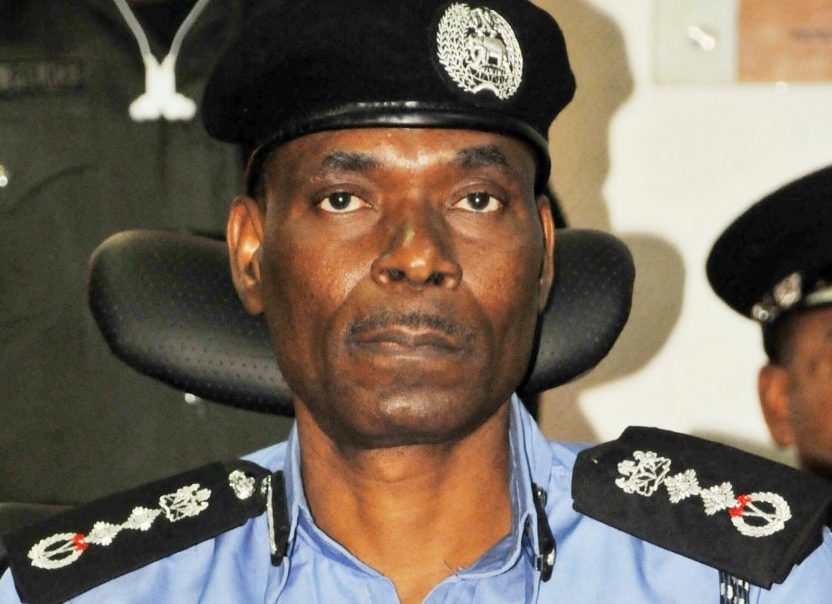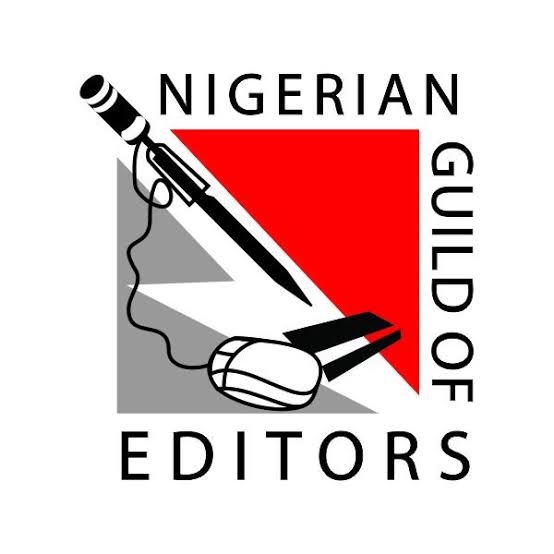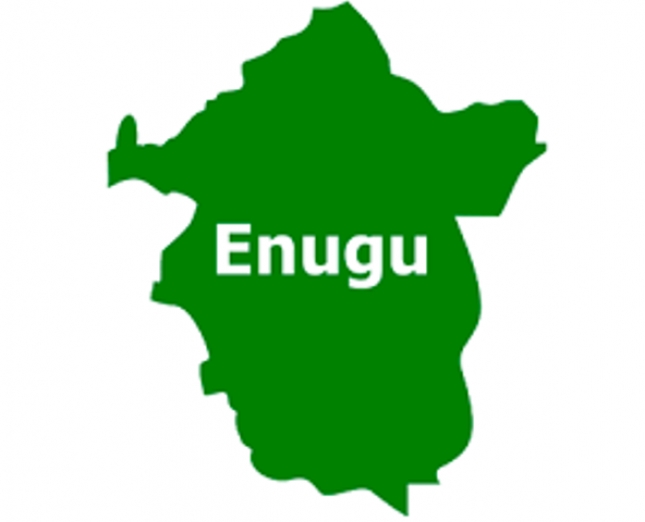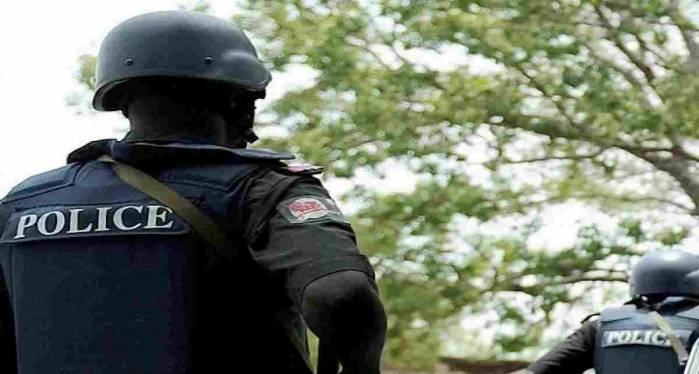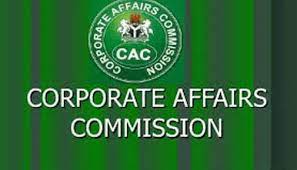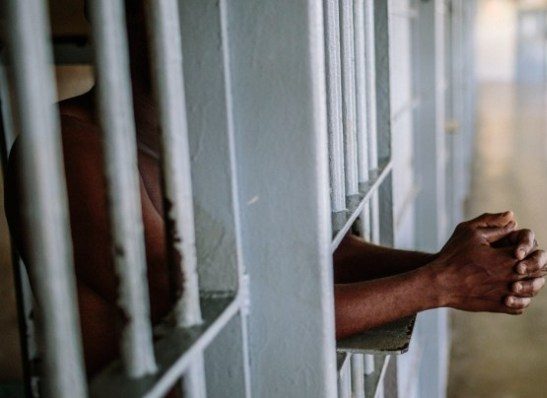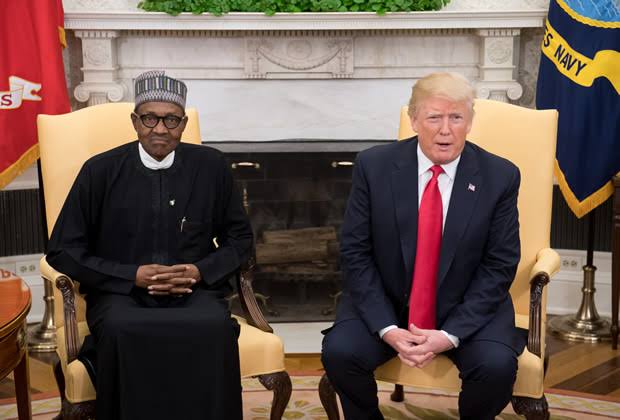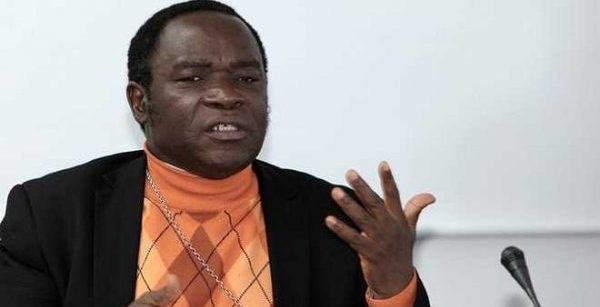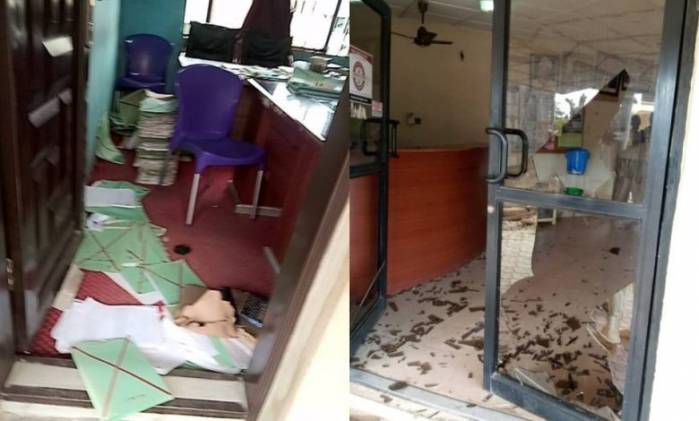A Nigerian based Non-governmental Organisation, Socio-Economic Rights in Nigeria, SERAP, has said the Nigeria Police force is the most corrupt public institution in Nigeria.
SERAP made the disclosure in Lagos at the launch of the report of a recent survey it carried out in the country.
It also predicted a rise in corruption in the country in the next four years under the government of President Muhammadu Buhari.
According to the report titled, ‘Nigeria’s Corruption Assessment Performance Survey’, the Police Force in Nigeria has held the ignoble position of the most corrupt institution for the past five years.
It revealed that among the 100 respondents in a survey carried out, 70% of those who interacted with Police in the last 12 months preceding the survey paid a bribe.
Other institutions the survey focused on included: Power, Judiciary, Education and the Health Services.
While Police topped the rank on the indicator with 60%, the power sector followed by 50%, and the Judiciary, Education and Health Services followed suit.
The research carried out by Mr Mwangi Kibathi, Abosede and Sheila Musungu, however, recommend that the Federal Government should establish an independent commission of inquiry with subpoena power to conduct a transparent, comprehensive and impartial investigation into systemic corruption within the Nigeria Police Force and Judiciary as well as the Ministries of Power, Education and Health.
The researchers also recommend that the National Assembly be more proactive in the fight against corruption by passing the Proceeds of Crime Bill, the Whistle-Blowers Bills and Witness Protection Bill, among others.
READ ALSO: Presidential Election: Tribunal Begins Hearing on PDP, Atiku’s Petition Today
SERAP in the report also recommended that the Police should streamline and priorities internal control mechanism by establishing an Ethnic and Integrity Unit at each police station. Police are also enjoyed to receive and investigate complaints of bribery and corruption against police officers filed by members of the public.
Furthermore, the report recommended that the Chief Justice of Nigeria, CJN, and the National Judicial Council, NJC, should identify and review all outstanding cases of judicial corruption and refer such cases to appropriate anti-corruption agencies.
On the issue of government’s anti-corruption fight, the report said respondents expressed the view that corruption level had remained the same and would increase despite the Federal Government’s anti-corruption crusade, describing government’s efforts as “inadequate and unconvincing.”
The report said, “When asked to project the level of corruption in the coming year, about 41 per cent of respondents believed it will either increase or remain the same with about one-third of the respondents expecting the level of corruption to increase.”
The group said, “When juxtaposed with the different institutions established and laws and policies currently being implemented, it raises the critical question whether the anti-corruption measures are comprehensive enough, consistent or if there is a need to amplify public participation and communication on anti-corruption efforts”.
The survey targeted a total of 2,655 respondents selected from seven states spread across the six geo-political zones of Nigeria and the capital city of Abuja. The sample was proportionate to population size across these zones.
“Data for the survey was collected through a survey among ordinary citizens picked through simple random sampling of Nigerians above 18 years; in-depth interviews with key governance experts including representatives of national anti-corruption bodies, trade unions, the business community, media, lawyers, academia, people living with disability and university student leaders; and a review of the legal and institutional frameworks guiding anti-corruption efforts in Nigeria to assess their effectiveness,” the report said.
